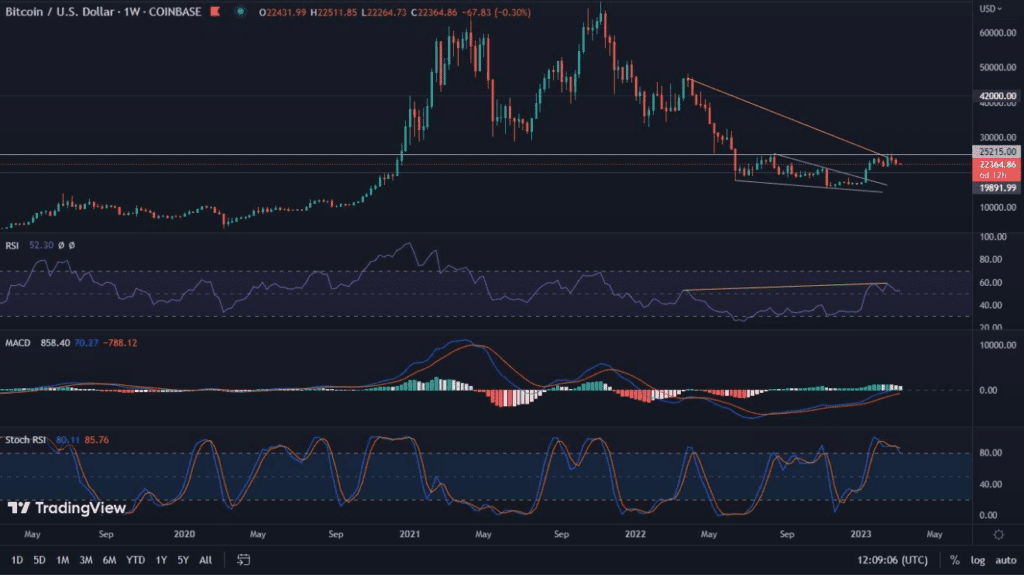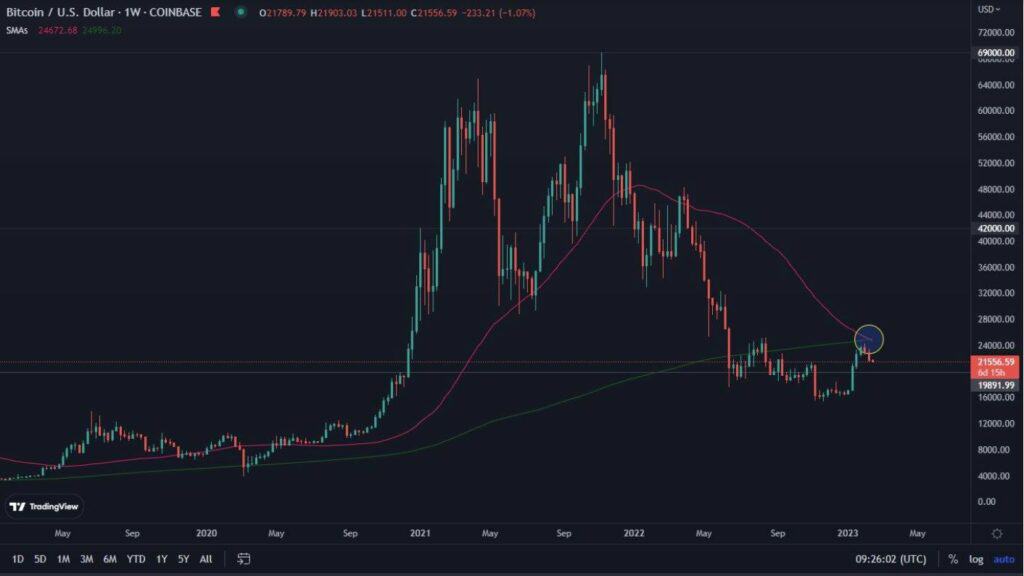Cryptocurrencies are gaining popularity all the time and are slowly becoming a widely accepted means of payment. As more and more people are interested in the subject of cryptocurrency trading, we decided to take a closer look at the issue of taxes related to it. Surely, many of us are asking ourselves: do we have to pay taxes on carrying out transactions using cryptocurrencies? Is the transaction itself related to the purchase of cryptocurrency taxed? Since many countries still do not recognise cryptocurrencies as an official means of payment, or do not see them as “real money”. These questions raise doubts all the time. Let’s check how the taxation of cryptocurrencies looks like on the example of different countries in Europe.
Cryptocurrency taxes in Poland
We will start in Poland. The Polish Financial Supervision Authority has not recognised cryptocurrencies as full-fledged means of payment for years, while trading in them is 100% legal and tax should be paid on it. As trading in cryptocurrencies is classified by Polish law as monetary income, the general tax scale is applicable when settling the tax: 18% up to PLN 85,500, and 32% above that amount. A business activity is accounted for in accordance with the flat tax, and therefore pays 19% regardless of the amount of income received. In the case of cryptocurrencies, VAT does not apply.
Cryptocurrency taxes in the Netherlands
The Dutch government considers cryptocurrencies to be “barter items” and therefore they are taxed according to the percentage rates applicable there.
Cryptocurrency taxes in Germany
In Germany, cryptocurrencies are not considered a commodity, so that if a trader’s capital gains do not exceed €600, he does not have to pay tax on them. On the other hand, if the trader sells the cryptocurrency after a year or more, his profits are also exempt from tax, however large they may be. Otherwise, he pays personal income tax of 25%.
Cryptocurrency taxes in the United Kingdom
The UK government recognises cryptocurrencies as assets and therefore cryptocurrency itself is exempt from VAT. However, profits made through cryptocurrencies must be accounted for. Miners must therefore pay business income tax at a rate of 20%. It is worth mentioning that in the UK, the tax-free amount is as much as £11,300 per person.
Cryptocurrency taxes in Italy
In Italy, cryptocurrencies are not taxed.
Cryptocurrency taxes in Spain
Spain is at the stage of considering tax breaks for companies using cryptocurrencies. A draft law has been submitted, while it has not yet entered into force.
Cryptocurrency taxes in France
In France, revenues generated from cryptocurrencies are taxed at 19%. The French government has also introduced a tax on cryptocurrency mining, which is 45%.

















